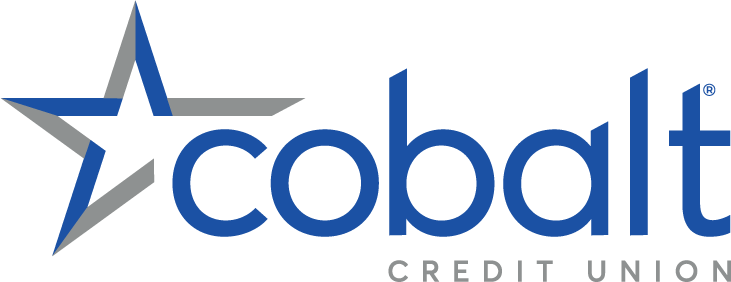
Managing your money should be convenient and worry-free. Poor customer service, driving distances to ATMs, high interest rates on loans, and more can all create a negative banking experience. If you’re facing these obstacles, it’s time to find a better organization to handle your money. Finding a new personal banking partner and switching financial institutions can seem daunting, but it doesn’t have to be.
If you’re thinking about moving your money to a new financial institution, ask yourself the following questions to make a smart choice.
- Are branch locations and ATMs conveniently located?
- Which accounts earn dividends?
- Are you eligible to join?
- Does the institution offer opportunities for financial education?
- What loan rates are offered?
- Are the online and mobile banking options efficient?
- What fees will you pay?
- How will you securely transfer your funds?
- Is this an organization you want to do business with?
The Right Answers Add Up To Better Banking
1. Are branch locations and ATMs conveniently located?
Even in the digital banking era, we still need cash, safe deposit boxes, check-cashing and other hands-on services. Confirm that your new credit union has locations nearby and plenty of ATM access. If they do have digital banking options, make sure they are convenient like Cobalt’s Video Banking, Interactive Teller Machines (ITMs) and CU by Phone.
2. Which accounts earn dividends?
Make your money work for you by shopping for competitive rates (and minimum balances) on checking accounts, savings accounts, money markets and certificates.
3. Are you eligible to join?
Becoming a credit union member means you’ll become a part of the ownership group and you’ll benefit from the organization’s success. Membership eligibility is usually based on factors like location, employer, or family membership. To find out if you can join, check specific membership guidelines; here are Cobalt’s membership guidelines. (For more info about credit union membership, check out our blog: How to Join A Credit Union.)
4. Does the new institution offer opportunities for financial education?
You should expect your personal banking partner to support you on key financial topics. Cobalt offers a wide variety of educational resources.
5. What loan rates are offered?
It’s important to think ahead. Even if you don’t need a loan now, you may need one down the road, whether it’s for a new home or a used car for your teenager. If you find an attractive interest rate at a local institution, you can enjoy the benefits of dealing face-to-face with the team handling your loan.
6. Are the online and mobile banking options efficient?
This one’s a deal breaker for most of us. Make sure an institution offers secure, convenient digital options –especially mobile ones – that let you manage your money whenever and wherever you choose. Cobalt CU offers a mobile app that lets you bank on the go, from checking your balance to securely transferring funds.
7. What fees will you pay?
Many consumers switch based on this factor alone. Don’t pay for services you don’t need or accounts that aren’t right for you. Tired of paying fees when your account balance falls below a certain amount? Look for an institution that offers checking accounts with no minimum balance.
8. How will you securely transfer your funds?
Simple methods often work for switching financial institutions. Most institutions offer electronic transfers, or you can use a cashier’s check. During the transition, keep the old account open for a time to avoid missing any automatic bill payments.
9. Is this an organization you want to do business with?
Don’t discount the value of friendly representatives who listen and want to help, rather than just sell you services. No matter what your financial needs are, you should feel you can count on your financial institution and its representatives to help you along the way.
Bonus Tip
When researching a new credit union, it’s often worth asking questions at a branch location. You’ll get a quick insight into the organization’s professionalism, ability to answer questions clearly, and overall customer service. Even if you plan to bank mainly online, the employees’ conduct will speak volumes about the credit union’s overall values. Hopefully, these 9 strategies will help you when switching financial institutions.
Learn more about becoming a member of Cobalt Credit Union or contact Member Services at 402-292-8000 for additional questions.
For those ready to join, you can easily apply online.

